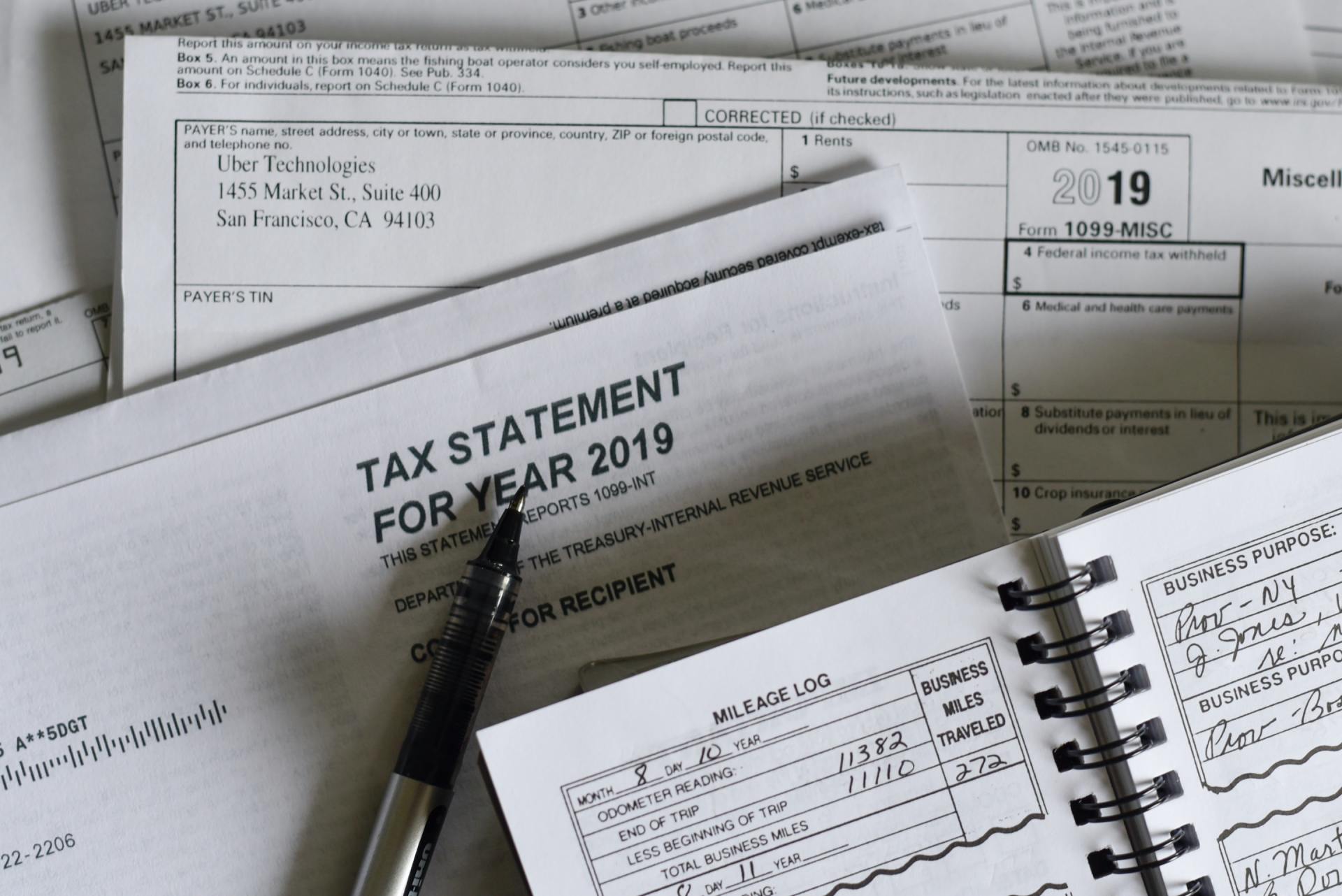What is IR35? To combat tax avoidance
IR35 is a word used to describe two sets of tax legislation

There has been and still is a lot of confusion about this subject. I hope to dispel some of the myths surrounding it and by the time that you have read this, understand exactly how it affects you and your business.
First a bit of background. IR35 has been around for a long time now and was introduced to achieve two things. First, to stop employers abusing the self-employed status of workers to avoid paying holiday pay, sick pay and a host of other benefits and more recently – the minimum wage and pension contributions. Secondly, to stop rogue employers from avoiding National Insurance Contributions which they have to pay on employee’s wages as this can be a tidy sum on top of your wage bill each week or month. The upside is that there is now an annual exemption that all small businesses are entitled to which saves them paying the employers contribution which was not available when IR35 first came in.
H M Revenue & Customs (HMRC) are entitled to challenge anyone who claims to be using a self-employed worker if they suspect that it is being abused. They will apply a test to determine the status of a worker. Here is where we enter a grey area as there is no legal definition of self-employment in law, only a number of tests which when applied will indicate the status.
Briefly, these tests are based on what is defined in law as “The master servant relationship”. In plain language this is who decides the terms and conditions of the work carried out and the payment for it. A simple example would be a shop worker. He or She has defined hours, an hourly rate of pay, holiday and sickness entitlement and clearly defined duties at a specific place or places of work. These are the core indications of an employee and are usually set out in a contract of employment. There are others but for this example I will keep it to the basics. On the other hand, our shop owner may be a self-employed sole trader. They have no defined hours, often work long hours, do everything from stacking shelves to doing the books late at night and most importantly – take financial risks as they can make a loss doing this which an employee can never do.
A company provided uniforms, vehicles, tools and materials as well as scheduling jobs for their self-employed workers and dictating the level of pays for the work carried out. The workers could not lose money doing the work and could not substitute another person to carry out their duties if they wished which is another test of self-employment. HMRC ruled that these were employees and after some negotiation, they all became employees.
There have been a number of attempts to get around IR35 by making workers have their own limited company, by using an intermediary company to pay them or various other methods such as umbrella companies. HMRC is cracking down on the various different ways, however, there is still a legitimate market to hire a person or company do carry out one off tasks for your business without falling foul of IR35. This is achieved by having a proper contract for services drawn up which covers exactly what the business relationship entails with all that information clearly detailed. There are reputable companies that can do this for you but it does cost.
In summary, it does not matter if the person is self-employed, works through an service company or trades through a limited company, they are all subject to status enquiries from HMRC so if you are going down this route – make sure you do your homework first or it could cost you dearly.
This is a basic outline of IR35 and not meant to cover all aspects of a very complicated piece of legislation. As always, your Accountant can advise you what you need to do in specific circumstances.
Kim Field
Managing Director
If you have a question about this article or any of our articles, then please do not hesitate to get in touch. We will always try and answer your question quickly and professionally.
Want more information?
Where to find us
Certax Accountants Limited
6 Earls Hall Parade
Southend-on-Sea
Essex
SS2 6NW
Contact us
01702 333561
- Mon - Fri
- -
- Sat - Sun
- Closed
Certax Accountants Limited. All rights reserved.
Latest Hints, Tips & Advice
This website is designed by Get Customers Fast
Certax Accountants Limited. All Rights Reserved.







